What sink material is best for your kitchen remodel?
Date: October 22, 2013Are you working on a Kitchen remodel but cannot decide what sink type of sink you should use? With the multiple sink materials available to homeowners, it can be a challenge to sort through the facts and figure out what material best fits your needs. Luckily, Jennifer Ott wrote a helpful article for Houzz describing the most common sink materials on the market. Read on to learn more.
Kitchen FAQs: Selecting Your Sink Material – By Jennifer Ott
Anyone who has built or renovated a kitchen knows what it can feel like to make so many decisions in a very short amount of time. Educating yourself about your options beforehand can help cut down on some of that stress. Here, we take a look at sinks — specifically the choices you have when it comes to materials.
Cost, functionality and aesthetics should all weigh in when you select your sink material. For instance, you can get a well-priced stainless steel sink, but be aware of how easily it can scratch and show water marks. White fireclay or cast iron sinks are beautiful, but may require some elbow grease to stay bright and white. Integral quartz sinks are becoming increasingly popular, but they can be expensive and aren’t necessarily bulletproof.
Not sure what’s right for your kitchen? Read on to learn more about these popular material options for today’s kitchen sinks.
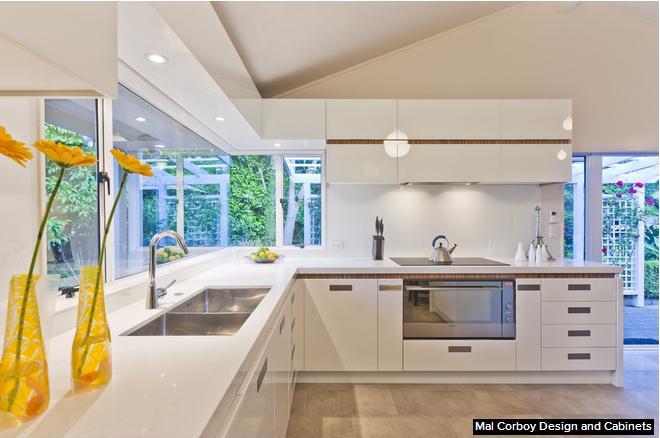
Stainless Steel
By far the most popular material for kitchen sinks, stainless steel sinks are heat and stain resistant and are available in a variety of types, styles and sizes. I recommend going for a brushed or satin finish rather than a mirror finish — water marks and scratches will be less noticeable. Also, look for sinks that have sound-absorbing pads on the bottom. Consumer Reports recently tested stainless steel sinks and found that these pads, rather than sound-absorbing spray or a thicker gauge of steel, performed best in reducing the noise commonly associated with stainless steel sinks.
Prices for stainless steel sinks run the gamut, but you can get a decent quality stainless steel sink for not a lot of money, making it my pick for those on a tight budget.
Cost: $100 to $800 is typical, but prices can go higher depending on gauge, size and mounting type.

Composite Granite
Composite granite sinks are my go-to sink, both for my clients and my own kitchen. They are good-looking, durable and don’t show water marks or scratches the way stainless steel sinks do. They come in a variety of neutral hues, but I prefer the darker grays, browns and black because they camouflage food filth the best. This is my own sink pictured here, and I must confess, I don’t clean it nearly as often as I probably should because it never looks dirty. Although these sinks are durable, they can crack if mishandled — I’ve heard stories of sinks being damaged during shipping. Always inspect your composite sink thoroughly before installation to make sure it suffered no trauma during transit.
Cost: $300 to $600
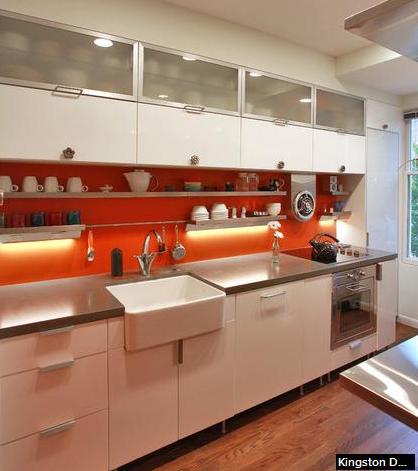
Fireclay
Manufactured from clay fired at an extremely high temperature, fireclay sinks are highly resistant to scratches, staining and chipping. Cleanup is easy — just dish soap on a sponge, or use a mild abrasive cleanser for tougher marks. These are the sinks I recommend for anyone who wants a white kitchen sink.
Cost: $400 to $1,000
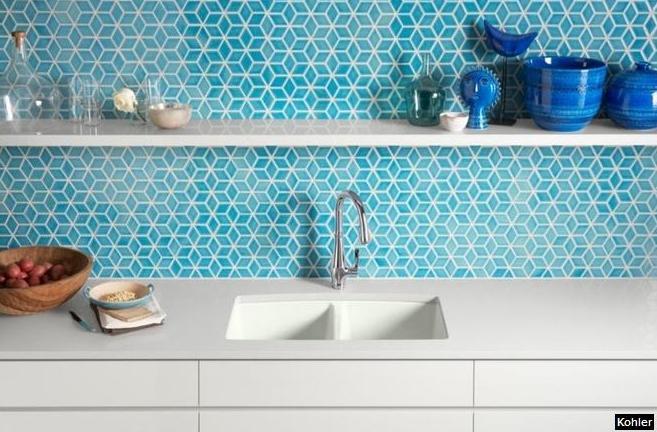
Cast iron
Clad in a tough enamel finish, this is another highly durable sink I recommend for white sink fans. It comes in other colors, too, but I’d suggest avoiding faddish colors for items that you want to keep around for a long time, such as your kitchen sink. Keep in mind that cast iron sinks are heavy, so make sure your cabinets are structurally sound and you provide adequate support for the sink.
Cost: $300 to $900
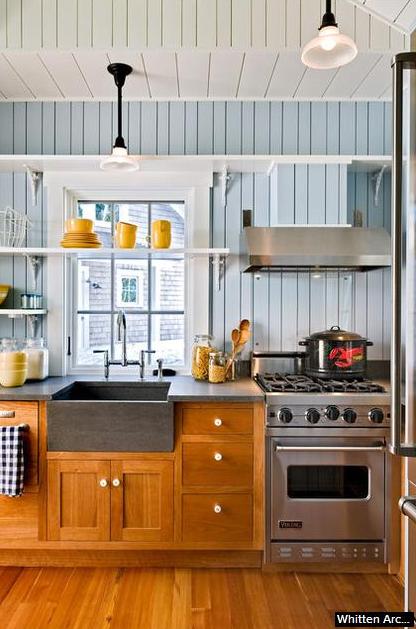
Natural Stone
If you are putting in natural stone countertops, such as beautiful soapstone, think about installing a sink to match. Some stones are susceptible to stains, though, so get a sample of the stone you are considering and test it out to make sure you are happy with how it stands up to staining. Soapstone is fairly stain resistant, but it is a softer stone, so you either need to be careful with it or be OK with it developing a patina over time.
Cost: Varies depending on the stone but typically starts around $1,000

Quartz
If you’re going with a quartz countertop, you have the option of installing a matching quartz sink. One thing to keep in mind with quartz however, is that the darker, more solid-colored quartzes tend to show scratches and dings much more than lighter colors that have more aggregate or patterning to them.
Cost: $800 to $1,200
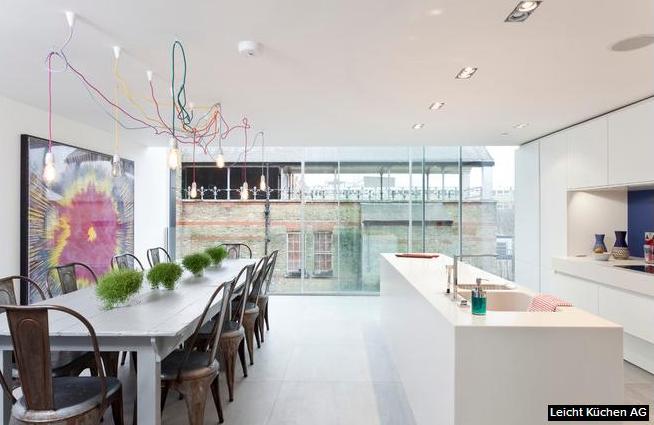
Solid Surface
Like natural stone and quartz, solid surface sinks can be integrated into the countertop for a smooth, streamlined appearance that’s super easy to clean. Again, it’s best to get a sample of the material you are considering and put it to the test to make sure you are OK with its durability, as some solid surfacing shows scratches.
Cost: Solid surface countertops start at around $50 a square foot; there is typically an additional fabrication and installation charge for an integral sink.
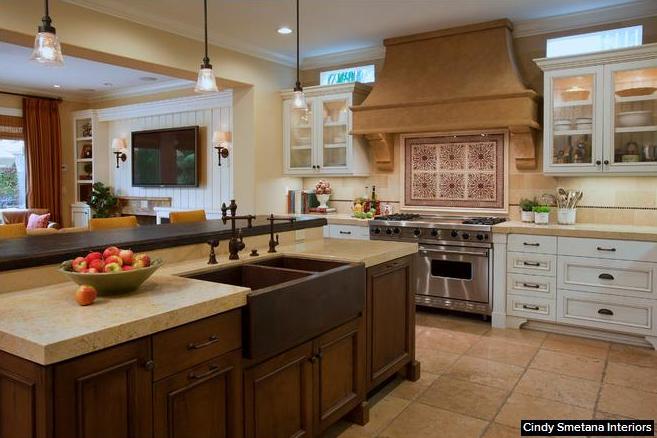
Copper
In the market for something different? Copper sinks are big on charm and also happen to be rust-resistant and antimicrobial, making them a great choice for the kitchen. Just be sure to select a high-quality copper sink that is at least 99 percent pure copper — a small amount of zinc may be added for strength. Avoid harsh chemicals with these beauties and instead clean up with a mild soap and water, according to the manufacturer’s recommendations.
Cost: $500 to $1,200 but can go up depending on gauge and any hand-crafted detailing.